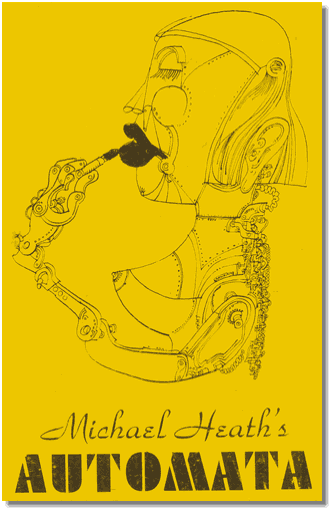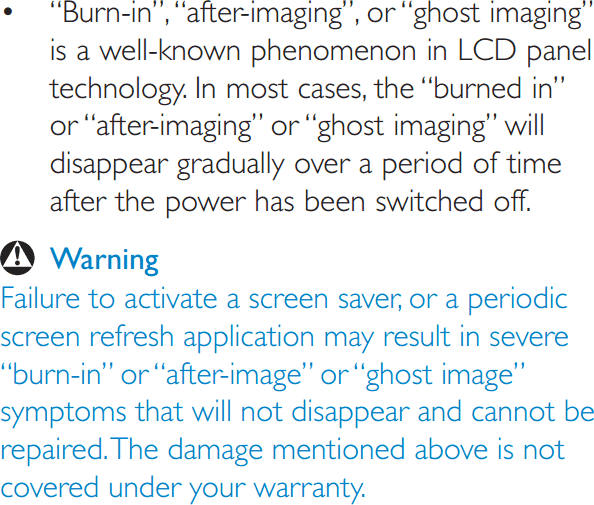2015 — 27 January: Tuesday
There are many worse pieces of morning music than "Greensleeves"1 to listen to while sinking my first cuppa and noting that the delivery status of my new toy remains unchanged, as it were, six hours further along the road. I'm sure it will turn up.
I'm deserting...
... BBC Radio 3 to see if NPR will tell me a bit more about the severe weather system in the North East. [Pause] No? Well I couldn't care less about the Australian Open (whatever that is). Onward. Or more accurately, back to Bach.
I've yet to see...
... any convincing explanation for the evolutionary advantages of right-handedness over ambidexterity. Case in point; while I'm not suggesting we evolved to use our clumsy machine and tool interfaces, it irritates me that "mousing" with my left hand seems so tricky and clumsy. Over two decades ago, when I was using my RISC-OS PC at home and various releases of OS/2 or Windows at (excuse the word) work, I deliberately chose to use a trackball with my left hand at home. Although painless, this was quite a pain until familiarity slowly bred dexterity. I'd been consciously trying to even out the load — on fingers, wrists, and mind — of the dissimiliar environments and user interfaces.
Somewhere upstairs2 there lives to this day rather a nice mouse (with a trackball built in) whispering from time to time: "Try me. You know you want to." But where would I start looking?
I won't be trying...
... the ukulele any time soon, though several of my chums enjoy it. "You don't know what you're missing" they tell me. They're right, of course.
Raven or raving?
I'd not heard of this piece. Source and snippet:
Note the skepticism with which Poe presents his solution: "Were the succession of stars endless, then the background of the sky would present us an uniform luminosity, like that displayed by the Galaxy — since there could be absolutely no point, in all that background, at which would not exist a star. The only mode, therefore, in which, under such a state of affairs, we could comprehend the voids which our telescopes find in innumerable directions, would be by supposing the distance of the invisible background so immense that no ray from it has yet been able to reach us at all. That this may be so, who shall venture to deny? I maintain, simply, that we have not even the shadow of a reason for believing that it is so."
Dating from 1849, I gather. Just tell me why autodidacts are "brilliant but deranged" :-)
Mission creep?
From Devlin Barrett's story in the Wall Street Journal, I gather. I don't subscribe, so used this Grauniad extract:
The primary goal was to seize cars, cash and other assets to combat drug trafficking but the database expanded to monitor vehicles associated with other potential crimes, it said.
Funny how the State can never quite manage to bring itself to trust its citizens, even in the Land of the Free, preferring to treat them all as potential criminals. Was it ever thus? Probably. Right. I'm off to download that Adam Curtis film "Bitter Lake" before watching it becomes illegal. "I may be gone some time." It's 8,203.97 seconds (give or take).
We interrupt our programme...
... to bring you this breaking news:

Cool. My driver's name is Harvinder.
A reference...
... in the back of Neil Shubin's "The Universe Within" recently led me to the delightful "Life at low Reynolds number" — an earlier link3 has just taken me to the Tree of Life project. Recommended; though its own evolution seems to have slowed.
I live in continuing hope...
... that my Blu-ray of "Automata" will show up. After all, "Lucy" did. Here, by the way, is the front cover illustration from Michael Heath's (unrelated, I don't doubt) 1976 book of the same title:

I suspect it may be rather rare these days. But I could still find it :-)
It's 13:10 and...
... I'm staring at the Philips box, wondering whether to make some lunch before opening it.
[Pause, for lunch, the borrowing of a neighbour for 10 seconds — to hold down the box while I slid out the panel — and a trivial bit of assembly.]
Now, at 15:17 or so, I'm sitting happily in front of a somewhat larger screen that's so far behaving impeccably. By setting all screen furniture and text scaling back down to smallest and/or 100% from the horribly large initial settings the end result is now essentially identical to the previous screens. Not quite as wide, of course, as the pair of 27" displays, but also lacking the distracting vertical gap between them. And rather more pixels overall, everywhere I look.
Could it have been more of a doddle than this?

Bullets #1 to #4 said, basically, turn off PC, plug in power and signal leads to display, switch things back on.
I'm having just...
... the tiniest, teensy-weensy little bit of difficulty understanding quite why — given that the new screen is an LCD panel with white LED backlighting — it's been hardwired to warn me, on every switch-on, that I need to be very careful of image-burn. The warning in the User Manual is pretty explicit, too:

I'm not that worried. After all, I've managed to nurse two large plasma screens along over the last 13 years without damage. But I must admit, with LCD technology, I really thought this wasn't an issue any longer. Seems I was wrong. (I checked the very latest version of the manual, too, just in case the text was a bit of boilerplate hanging over from earlier plasma days.)
Took me a while to get my selection of DisplayPort 1.2 to stick, too. (The default setting is DisplayPort 1.1, and — as eny fule who's read the manual kno — DP1.1 only allows a 30Hz refresh rate at full native resolution.) The OSD control is a little push-button joystick around the back of the screen, which must make for a very unfun time if the screen has been wall-mounted. So I'm now enjoying all that lovely native resolution at a 60Hz refresh rate. It seems to make the effect much smoother when I'm moving windows around. Nice.
Remember when processors were so sluggish that you could only display the outline, and not the contents, of a window you were dragging? I do.
Farewell to Edgar Froese
One by one.